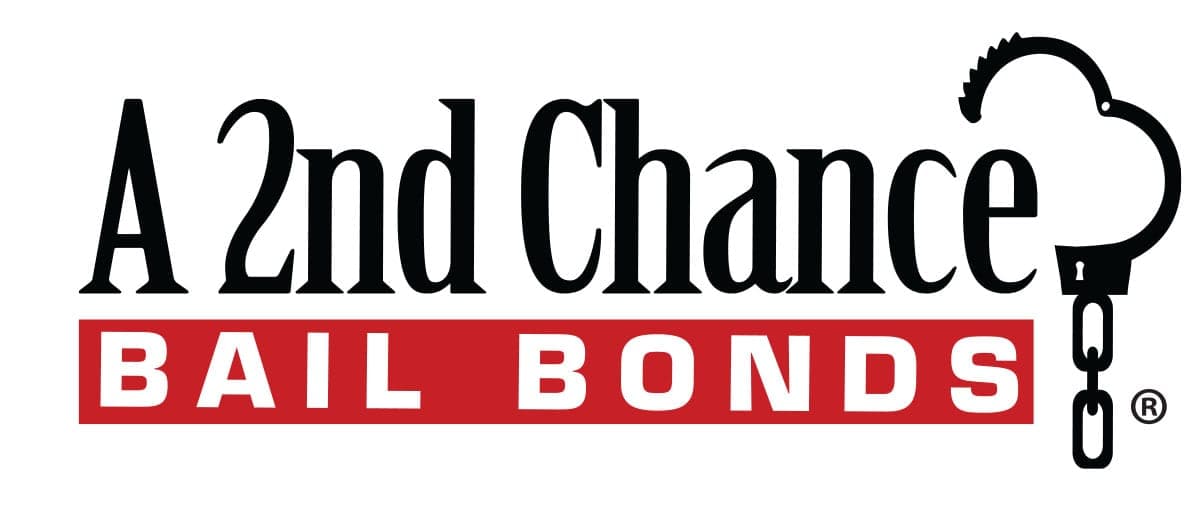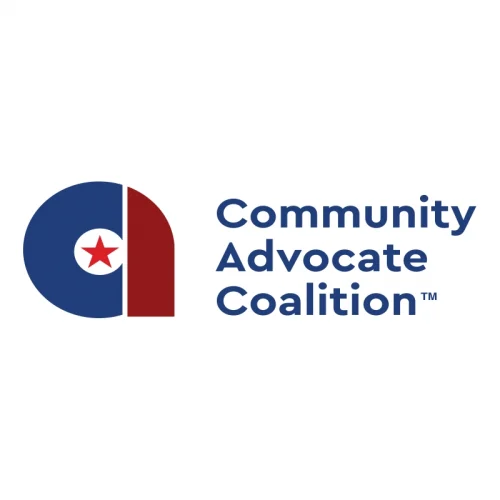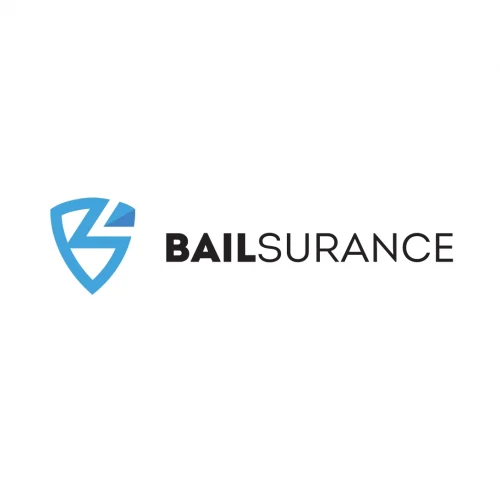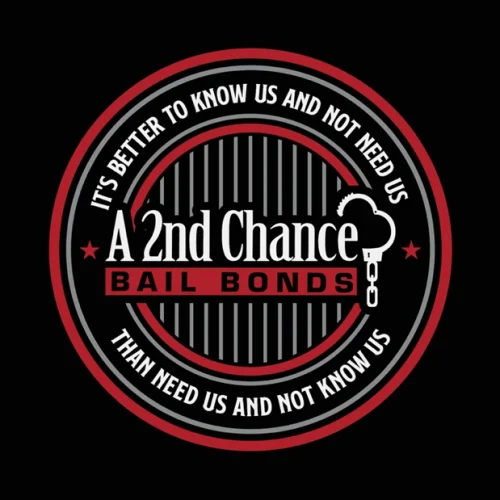 Amid reports from across the country about attorney shortages and overwhelming caseloads, it’s not surprising that many attorneys are experiencing burnout.
Amid reports from across the country about attorney shortages and overwhelming caseloads, it’s not surprising that many attorneys are experiencing burnout.
Like many in the “helping professions,” lawyers are vulnerable to experiencing both physical and mental fatigue. According to the American Bar Association (ABA), lawyers in certain practice areas, such as criminal, family or juvenile law, are regularly exposed to traumatic stories and must-read reports and descriptions of traumatic events, view crime or accident scenes and view graphic evidence of victimization. Some have noted that the increasing violence of crimes today, as well as the victimization of youth, have created incredibly stressful situations for attorneys.1
Burnout doesn’t happen overnight, and it can creep up on you if you’re not paying attention to the warning signals.
Signs of burnout
According to the Mayo Clinic, the following are just a few of the signs of work-related burnout:
- Becoming cynical, critical or disillusioned
- Lacking the motivation to get yourself to work and the energy to be productive
- Irritability or impatience with coworkers or clients
- Inability to concentrate
- Using food, drugs or alcohol to feel better or to not feel anything
- Disrupted sleep
- Unexplained headaches, stomach or bowel problems, or other physical complaints
The symptoms of compassion fatigue are even more intense. The ABA explains that while burnout is a predictable progression over time that leads to work dissatisfaction, compassion fatigue can harm an attorney by causing intrusive imagery and a change in worldview. It results in vicarious trauma, secondary traumatic stress, secondhand shock and a secondary stress reaction.2
What you can do
The North Carolina Lawyer Assistance Program (NCLAP), an assistance program funded by the State Bar of North Carolina, offers the following tips specifically to attorneys experiencing stress and burnout:
- Try a new morning ritual. Instead of immediately jumping into work mode, devote at least 15 minutes to a creative or spiritual practice such as meditating, writing in a journal, doing yoga or reading something that inspires you.
- Prioritize good food, exercise and sleep. These provide the energy and resilience to deal with the daily demands of a law practice.
- Set boundaries. Learn to say “no” to requests for your time. According to NCLAP, “It can take a while to realize clients will not fire you if you do not cater to their every whim and demand.” A successful strategy includes stating what you cannot do at the moment along with what you can do in the future. For example, if a client calls as you’re leaving the office for a vacation and demands to see you immediately, you have every reason to say, “I was just about to leave the office and will not be back until Monday. Let’s meet first thing on Monday to get this taken care of for you. What time works better for you: 9:30, 11:30 or 2:00?”
- Take a technology break each day, especially when you get home. Put away your laptop, turn off your smartphone and stop checking email.
- Nourish a creative hobby. Try something new, start a fun project or resume a favorite hobby. Choose activities that have nothing to do with work. These activities help nourish the limbic system, which provides greater emotional resilience.
NCLAP emphasizes that it’s important to take burnout very seriously. Trying to push through the exhaustion will only cause further emotional and physical damage. In more serious cases of attorney burnout, you may need to:
- Force yourself to slow down or take a break and cut back on commitments and activities. Take time to think about your hopes, goals and dreams. Are you neglecting something that is truly important to you?
- Stop doing what you’re doing and do something else, whether that means changing employers, practice areas or even careers. Ask for new duties. If you’ve been doing the exact same work for a long time, try something new such as a different practice area, practice focus or role.
- Actively address problems proactively rather than passively. Talk to a superior, or, if you are the supervisor, be willing to take the risk to delegate more.
- Take extended time off. Go on vacation, use up your sick days, ask for a temporary leave-of-absence—anything to recharge your batteries and gain some perspective.
Lastly, the ABA sponsors Lawyer Assistance Programs to provide confidential services to judges, lawyers and law students who need support. The Georgia program can be contacted here.


















